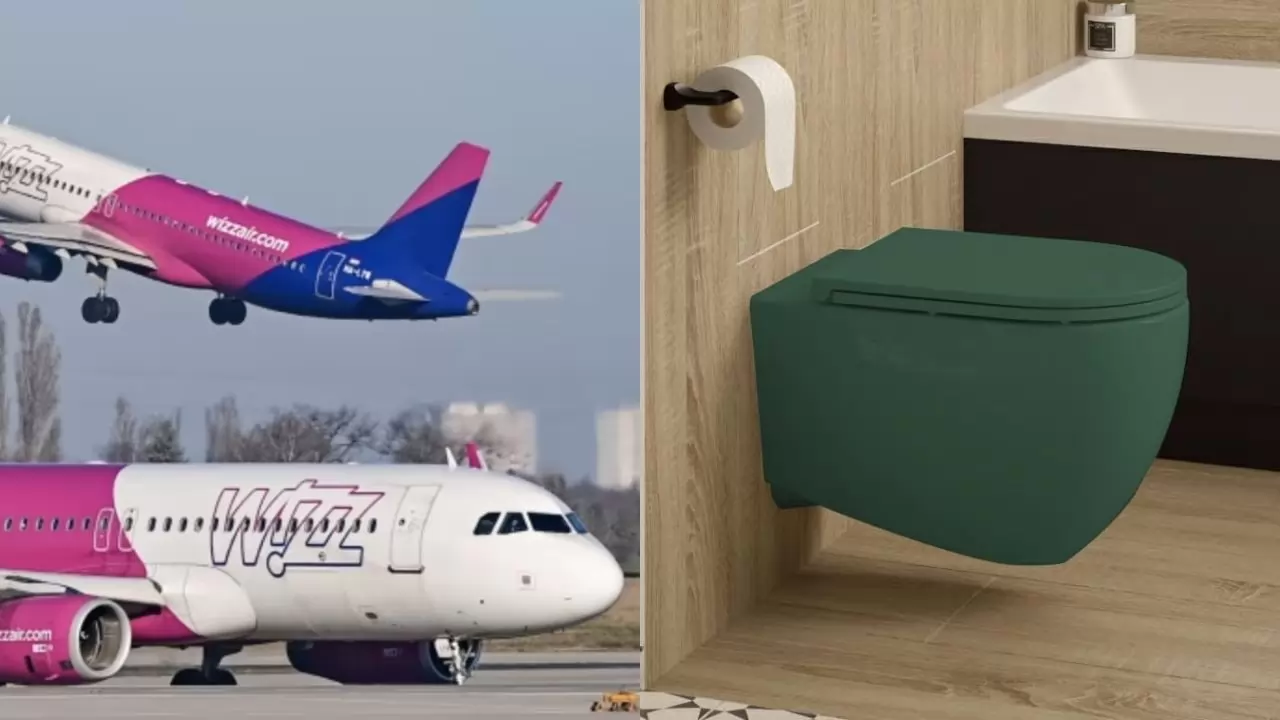
X/@MarioNawfal
In an ambitious move towards sustainable aviation, UK startup Firefly, in collaboration with Wizz Air, is pioneering the conversion of human waste into aircraft fuel.
Based in Bristol, Firefly has developed a groundbreaking process to transform treated sewage into sustainable aviation fuel (SAF). Wizz Air, a low-cost airline, has shown its commitment by placing a significant order for Firefly's waste-based fuel, potentially amounting to hundreds of millions of pounds over the next 15 years.
Firefly's plan includes building a commercial refinery in Essex, with a pilot refinery already in the works in Harwich. This facility will utilize "biosolids" sourced from Anglian Water, converting them into usable aircraft fuel.
While traditional methods of producing SAF are costly and rely on limited waste feedstocks, Firefly's approach aims to provide a cheaper and more abundant solution. Paul Hilditch, Firefly's chief operations officer, describes the processed sewage as having the consistency of compost, with immense quantities readily available and currently of low value.
🇬🇧 HUMAN WASTE MAY POWER YOUR NEXT FLIGHT
— Mario Nawfal (@MarioNawfal) April 13, 2024
British biofuel company Firefly has reached an agreement with the low-cost airline Wizz Air to build a commercial refinery that will help convert sewage into aviation fuel.
London's airports may be fueled by biofuel starting in 2028,… pic.twitter.com/3YxJTBr6Sq
Although the SAF produced by Firefly is chemically identical to conventional jet fuel, regulatory testing is ongoing, and full-scale production hinges on securing necessary investments. However, Firefly's CEO, James Hygate, remains optimistic about delivering commercial supplies by 2028-29.
Wizz Air sees SAF as crucial in reducing carbon emissions and aims to incorporate 10% SAF across its operations by 2030. The UK government also supports the shift towards sustainable aviation, expecting five commercial SAF plants to be under construction by 2025.
Despite these advancements, some concerns linger regarding the sustainability of using human waste for aviation fuel. Critics argue that alternatives such as biomethane production may compete for the same resources. Additionally, questions arise regarding the carbon footprint of SAF production and its impact on soil enhancement compared to traditional agricultural use of biosolids.
Nevertheless, proponents highlight the multifaceted benefits of converting sewage into jet fuel, including efficient waste disposal and potential global applications. As Firefly's Hilditch aptly puts it, "Anywhere in the world where there are people, there's poo."





Copyright © 2026 Top Indian News
